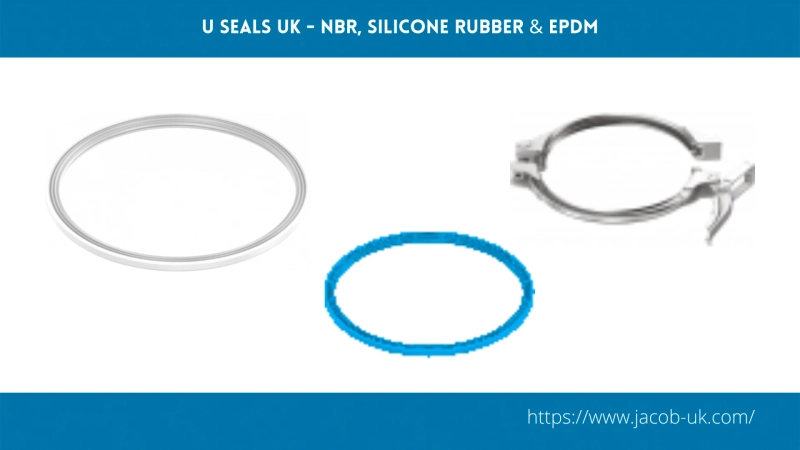All You Need To Know About U-Seals
If you’re on the lookout for a U-seal but don’t know much about this specific part, the various terminologies used online can get very confusing ...


If you’re on the lookout for a U-seal but don’t know much about this specific part, the various terminologies used online can get very confusing ...

